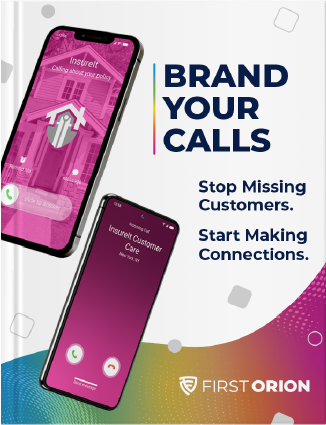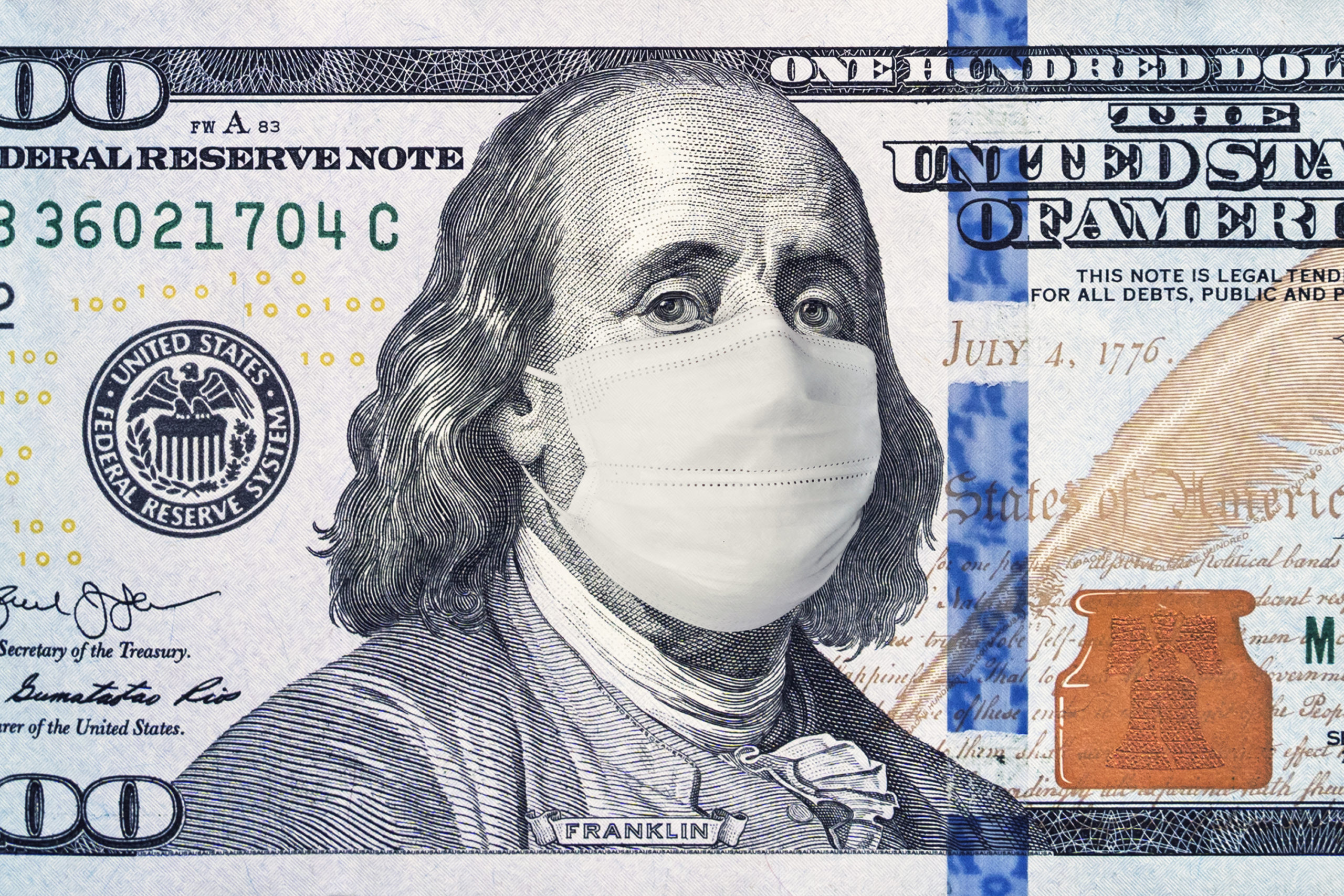Think a pandemic is enough to encourage scammers to seek a moral compass? Think again. Amidst a global scare, all scam operations see is an opportunity.
There’s a lot of uncertainty in the world right now, and scammers are hoping to make some money through scare tactics. Washington Post reported at least 1 million or more suspicious calls about coronavirus to Americans’ smartphones in the past week, trying to sell fake wares such as COVID-19 test kits or treatments. Problem is, no such treatments exist yet – and tests certainly aren’t being sold to whoever picks up the phone.
Where there’s cash, there’s usually cash to be made, too. With the anticipation that the White House will be sending stimulus checks to American households, people are reporting calls around those payments as well. ABC11 in Raleigh received dozens of emails from concerned viewers who got calls claiming they would send your money right away – with your debit or credit card information. The Better Business Bureau (BBB) also reports scammers claiming to qualify recipients for $1,000 to $14,000 in relief from the federal government, in the form of a grant.
The Verge reports scammers are posing as the Centers for Disease Control and Prevention (CDC), trying to trick people into reserving their COVID-19 vaccine over the phone. Police departments across the country have issued warnings about these faux CDC calls, where they ask for peoples’ credit cards or Social Security numbers in order to complete the phony transactions. The CDC is offering NO programs like this, so those calls should be ignored completely. When a vaccine is ready, you’ll likely hear of it from an official government statement – not a phone call from someone claiming to be the CDC in a suspiciously noisy call center.
These scams could continue well after the virus is eradicated too. CNN wrote about robocallers capitalizing on panicked Americans by pretending to offer low-priced health insurance. America’s most vulnerable population is susceptible to any insurance-related scam, and we could see more scammers exploiting that vulnerability in the future. The same article highlighted a “PAC” raising funds to pay for more robocalls (to raise even more money), with the owner pocketing any profit difference. With an election looming, you can expect shady election-related calls to increase as well.
The biggest problem with these exploitative calls is when they come from known and trusted numbers. Because of number spoofing technology, scammers are able to make their calls appear as legitimate numbers on your phone, even if they’re calling from overseas. When people search for an unknown number and see it’s from a trusted source, they’re more likely to give up personal information that could lead to identity theft or financial loss. Scammers are regularly using stolen data to make their attempts seem more legitimate as well, so the combination makes it even trickier to sniff out scams.
The FTC has issued a warning about scammers taking advantage of fears surrounding the Coronavirus, with some common-sense tips to keep yourself safe:
- Hang up on robocalls – don’t speak or press any numbers, which could end up with you getting even MORE calls. Illegal robocalls are increasing, pitching everything from at-home treatments to work-from-home schemes.
- Don’t respond to texts or emails about checks from the government. The details haven’t even been worked out, so anyone claiming to have payment ready for you is lying.
- Do your homework when it comes to donations. We’ve seen scammers pose as charities in the past to profit off of disasters, so we expect an uptick of fake charity and crowdfunding calls as well.
- Never pay in gift cards. No real company or institution wants to be paid in gift cards – ever. That’s the surest sign of a scam.
So what about a more broad solution? Since scammers are able to spoof official numbers and use stolen personal information to sound more legitimate, the best solution is likely a joint effort between the FTC, carriers, and companies doing the calling. STIR/SHAKEN is a start in legitimizing origin numbers, but full integration with verification and enhanced ID services is necessary too. For the bad calls, First Orion continues to flag billions of illegitimate numbers as possible scams. Should you receive a call you believe to be a scam, we recommend reporting it through our PrivacyStar app, or directly to the FTC.
When it comes to these calls, no response is usually the best response. If something seems fishy, hang up. Take the time to share this information with friends and relatives who may be more susceptible to these kinds of calls, and on our end we’ll continue working to eliminate scam calls for good. For more information about First Orion products, Engage calling services, or our scam block protection, please submit your information here.




